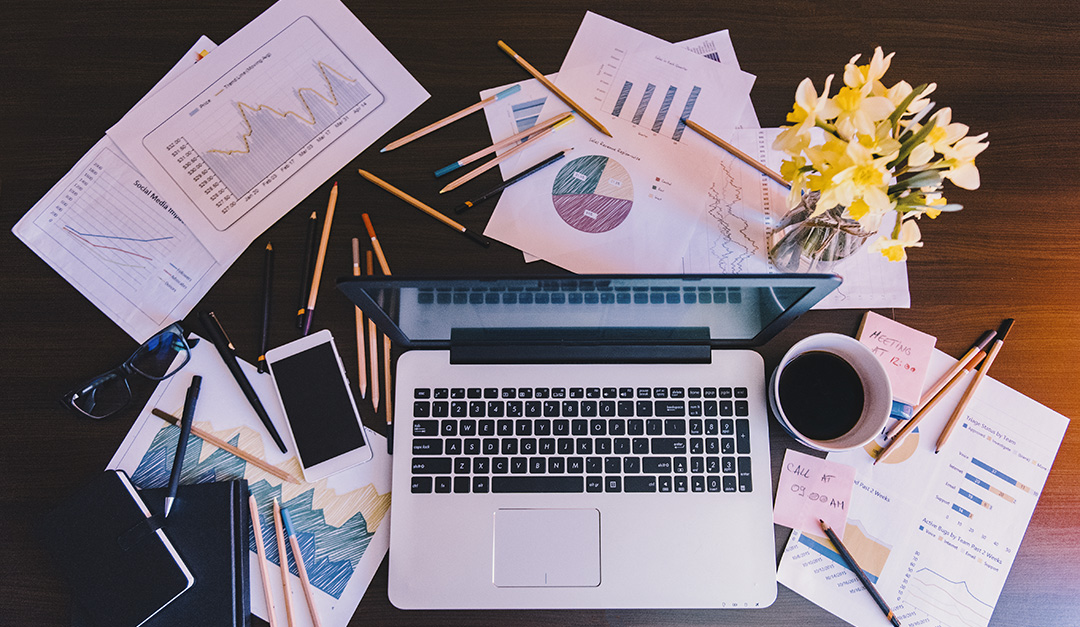If you took a snapshot of your work space, what would it look like? Is it tidy, with everything stored in its proper place? Or is everything just lying around, a carpet of sticky notes, pencils, wrappers, and desk toys covering every flat surface? Does it take you minutes of rummaging to find what you’re looking for?
If your desk is more dumping zone than work space, you’re not the only one. A survey found that 30 percent of Americans list a messy desk as the most annoying distraction at work, a close second to bellyaching coworkers (37 percent). Fortunately, it’s easier to clean your work space than to quiet a whining colleague, and the results are greater peace of mind and increased productivity. Don’t think it’ll work? Well, let’s take a closer look at the many benefits of cleanliness, mainly the amount of activity, allowing one to focus, and letting you destress.
It’s a form of activity.
For most people, work is sitting at a desk for about eight hours a day with only small breaks to go to the bathroom or get something to eat. It’s so easy to just sit in a chair and just move your fingers until it’s time to clock out (whether that be physically or mentally). But taking the time to get up and clean just a little bit has shown to improve quality of life. At Indiana University, cleanliness was correlated with the healthiness of the people living there. The more organized their apartment, the healthier their lifestyle. Though this is just a correlation, cleaning is better than nothing. Like the subjects in the study, most people “won’t take 30 minutes to go for a walk, but they’ll take 30 minutes to clean.” Break the mold—and your routine—by taking time to clean.
It allows you to focus better.
How many times have you been hard at work on an proposal, writing an email, or talking with client, only for your eyes to get drawn away by the clothes on the floor, or the cup you forgot to throw away, or the dust that sits on your screen while they type. According to a study from Princeton University, “Multiple stimuli present in the visual field at the same time compete for neural representation.” In layman’s terms, there are just too many things for the human brain to process.
They may be small things, but it does take your attention from your work, and in the long run it can add an extra hour or more to your day. “People who work in a cluttered environment usually have unrecognized stress,” says Indigo Triplett, CEO of Careers in Transition. And stress is one of the great hindrances to a productive workday. It bothers us that there is something off about our space. But, if you keep everything in its place, there are no outside things to distract you, and it gives you a little bit of relief feeling that everything is where it should be. It gives you peace of mind.
It helps to destress.
Whether you have a cluttered desk or a cluttered desktop, people that are more organized feel that they are in control. On psychology today, they say that “the more control that you perceive you have in your work, the more job satisfaction and less stress you are likely to experience.” There is no denying that people who are organized are happier, they have better habits, and they are in control.
Cleanliness affects how you feel about yourself and the world around you. We are more comfortable and at ease when we are clean, and we are more anxious when a place is messy or dirty. So why should we allow the space we spend the most time in to make us uncomfortable? Study after study suggests that cleanliness is key to success. It’s simple, but it does worlds of good for your physical and mental wellbeing.

